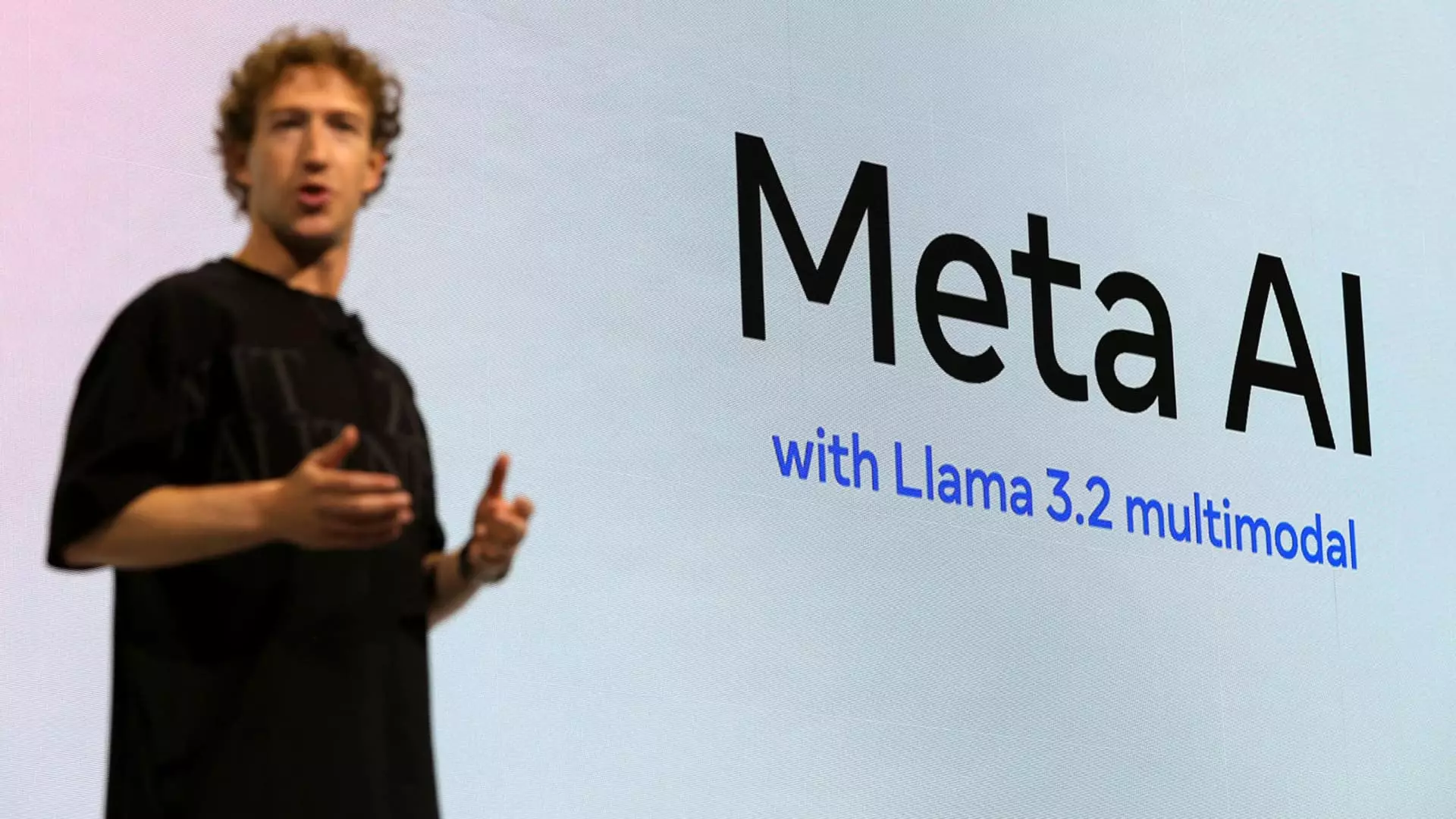The recent decision by U.S. District Judge Vince Chhabria in favor of Meta marks a significant shift in the realm of copyright law as it pertains to artificial intelligence. While the ruling is being celebrated by Meta and its supporters as a triumph of technological progress, it should alarm anyone who values the rights of creators—especially those who contribute their intellectual labor to literature. The judgment emphasizes that using copyrighted works for training AI models can fall under the fair use clause, yet it sets a perilous precedent for authors and the creative industries.
Meta’s argument rested heavily on the assertion that the utilization of books to train their Llama AI model serves a transformative purpose, which the judge affirmed under the fair use doctrine. This legal determination raises a pertinent question: Does “transformative” justify the undermining of authors’ economic interests? The ruling suggests that even if copyright is being infringed, as long as the usage can be deemed transformative, it might escape accountability. This notion leaves authors in a fraught position, skirting the line between innovation and exploitation.
The Authors’ Case: A Misjudged Risk of Market Harm
The plaintiffs, which include notable authors like Sarah Silverman and Ta-Nehisi Coates, alleged that Meta misused their works without permission, fundamentally violating copyright laws. The judge acknowledged this reality, stating that it’s generally illegal to copy protected works without permission, yet somehow, he concluded that their argument failed to establish that Meta’s actions threatened significant market harm. This flawed assessment belittles the very real concerns that creators have about AI’s encroachment on their livelihoods. The notion that no tangible market harm can be demonstrated raises troubling implications about who holds power in the evolving landscape of intellectual property.
Chhabria’s dismissal of the plaintiffs’ economic arguments raises flags about judicial comprehension of the current literary marketplace. Authors aren’t merely theoretical entities; they rely on sales and rights to sustain their careers. The incoherence in recognizing this reality while claiming to advocate for innovation reflects a dangerous disregard for the fundamental rights of creators. It is unsettling that the judge pensively suggests that Meta is free to “copy for transformative purposes,” without fully grappling with the fallout from such a ruling.
Market Consequences: The Illusion of Unlimited Resources
Though the ruling positions Meta as a beacon of technological innovation, the implications stretch far beyond the company itself. The implication that the public interest should overpower individual rights is not just a judicial oversight; it’s a critique of the techno-optimism that too often overlooks the adverse effects on human creativity and expression. Innovation should not come at the cost of artistic integrity, and the prioritization of technological advancement over authors’ rights suggests a troubling trend toward a predatory marketplace.
What about the countless other authors who weren’t included in this legal battle? Chhabria himself stated that this ruling does not extend beyond the rights of the thirteen plaintiffs, leaving many additional authors unprotected and vulnerable to similar exploitation by large corporations. The door for other AI-related copyright lawsuits remains open, but this ruling effectively paves the way for these corporations to engage in a systematic disregard of creators’ rights under the guise of innovation.
Concluding Thoughts on a Growing Crisis
While it’s clear that society must embrace the potential of AI and automation, the need to safeguard the rights of authors and creators is paramount. If we allow tech giants like Meta to capitalize on an expansive interpretation of fair use, we risk devaluing intellectual property and undermining the creative fabric that sustains literature and culture.
Meta’s jubilant acknowledgment of this decision as a victory for transformative innovation is misleading; it ignores the sobering reality that this ruling fosters an environment that could diminish the rights of authors. As we look toward the future of AI and its role in society, we must advocate for balance—one that promotes technological advancement without sacrificing the artistic expressions that enrich our lives. In this ongoing dialogue, the voices of creators should not just be heard; they must be paramount.

Leave a Reply